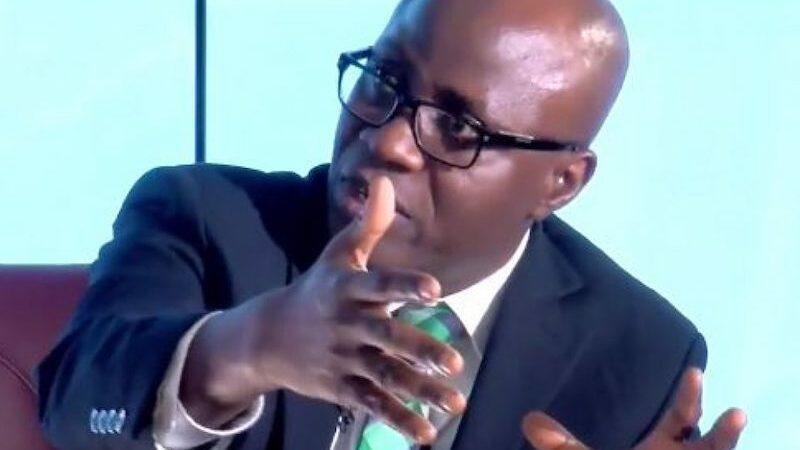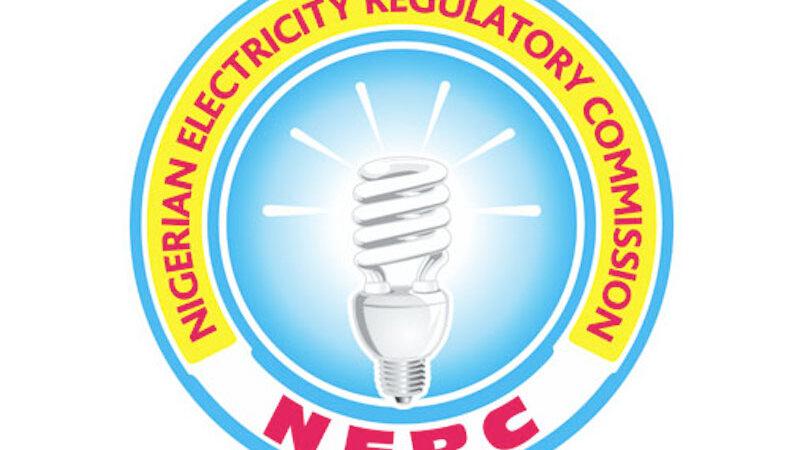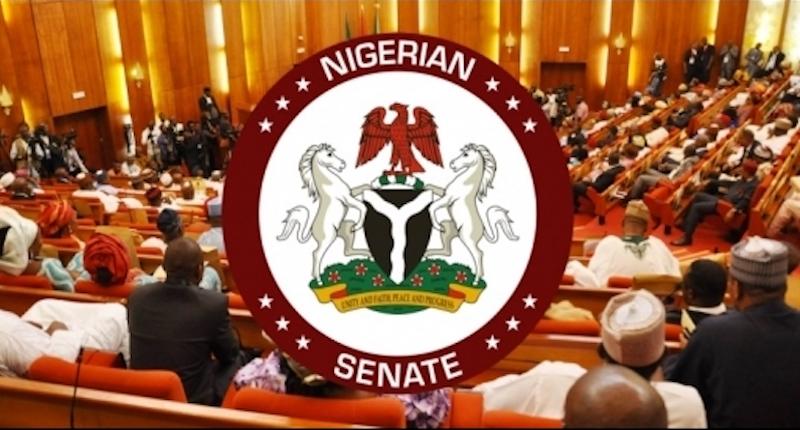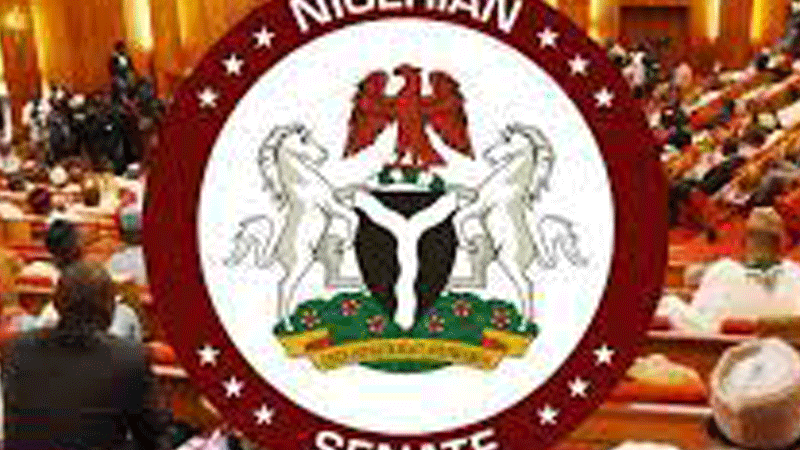By Chineme Okafor in Abuja
The Nigerian Electricity Regulatory Commission (NERC) on Thursday got the substantive chairman for its board of commissioners, Prof. James Momoh, inaugurated by the federal government after more than two years of the electricity regulatory agency operating without one.
Momoh, who was in April cleared by the Senate for the position after he was nominated by President Muhammadu Buhari in 2017, however told journalists after the Minister of Power, Works and Housing, Mr. Babatunde Fashola, swore him into office in Abuja, that the commission under his watch would undertake a scientific review of tariff used in the country’s grid electricity market.
He explained that electricity tariff calculations are not done by guesswork and that the commission would be looking to collate relevant data, review and understand them, and then make decisions from its findings.
Considering that the country’s electricity sector has continued to experience huge challenges which include several of its statutory tariff reviews that have not been implemented, Momoh noted that he would be assuming his role at the NERC with some good knowledge, wisdom and experience that could help resolve these challenges.
“I brought with me, the knowledge, experience that I have, wisdom about power engineering and of course, ability to work in teams, and to address quick wins – what can we do with respect to what we heard about estimated metering, how do we make sure that we get enough data so that customers are also convinced to pay for the power they use based on what we provide,†said Momoh.
He further explained: “At the same time, we will bring to the industry what are the best practices to ensure that we have quality supply and reliable power. What we bring to the sector is also ensuring that there is innovation in the industry because if we remain the same and remain static, and not solve real problems, we will just be doing fire-brigade, the Gencos will tell you there is a blackout without knowing why. We are going to ask the questions – for me, I know why because I know the mathematics and economics behind it.
“If we are able to teach people to know how things go wrong, perhaps we will learn from our mistakes. We will look back and use lessons learnt yesterday to solve tomorrow’s problems. We must begin to anticipate problems so that we can provide solutions.â€
Asked what his approach would be on the lingering tariff challenge, he said: “It is not a challenge that you cannot solve, it happened, you learnt something about it last week, so you don’t have to re-learn the same lesson today. We should be able to ask questions to avoid the problem.
“We have something called data science in the new thinking of the world where we have the idea of you collecting data, you learn from the information and you predict the future. If we don’t do that, we will be wasting our time because you know it will rain tomorrow and you get your umbrella and don’t wait until it rains to get one.â€
“We have no choice, we have to look at what computes a tariff, tariff is not a guess work, there is a calculation you do to get there, so that is an idea,†he added.
Fashola, in his remarks stated that Momoh’s inauguration signalled a completion of one of the demands of the Power Sector Recovery Programme (PSRP) which the government plans to use to revive the sector.
He noted that the government would continue to support the progress of the sector with good policies.
Meanwhile, the United States, through its Power Africa Initiative has donated electricity distribution equipment worth $124,000 to the Abuja Electricity Distribution Company (AEDC) to help alleviate some of its operational challenges within its network areas.
The equipment, THISDAY learnt, include a bucket truck for maintenance and repairs of electricity lines worth $57,000; meter testing equipment valued at $50,000; and $17,000 worth of spare part to support the operations of the bucket truck.
The bucket truck was however donated to AEDC by the United States Agency for International Development (USAID) on Thursday, while the meter testing equipment had been given to it earlier.
USAID said it intervened to help electricity distribution firms in Nigeria through its commodity support process, and that bucket truck will assist AEDC’s linesmen fix faulty power lines faster without having to struggle with using ladders.
However, the Managing Director of AEDC, Ernest Mupwaya, said USAID through its Power Africa Initiative has been supportive to it.
Mupwaya said: “What we are witnessing today is a significant milestone. I am told it is worth $57,000 and about $17,000 worth of spare parts. It means that with the support of spare parts, we can sustain the use of this equipment over its life time.â€
He also explained that USAID recently donated the meter testing equipment to it, adding: “That was very critical because it goes a long way to seal the loop hole on our revenue that comes through defective meters.â€
Mupwaya said the various equipment it has got from USAID would help it improve its services to its customers.




